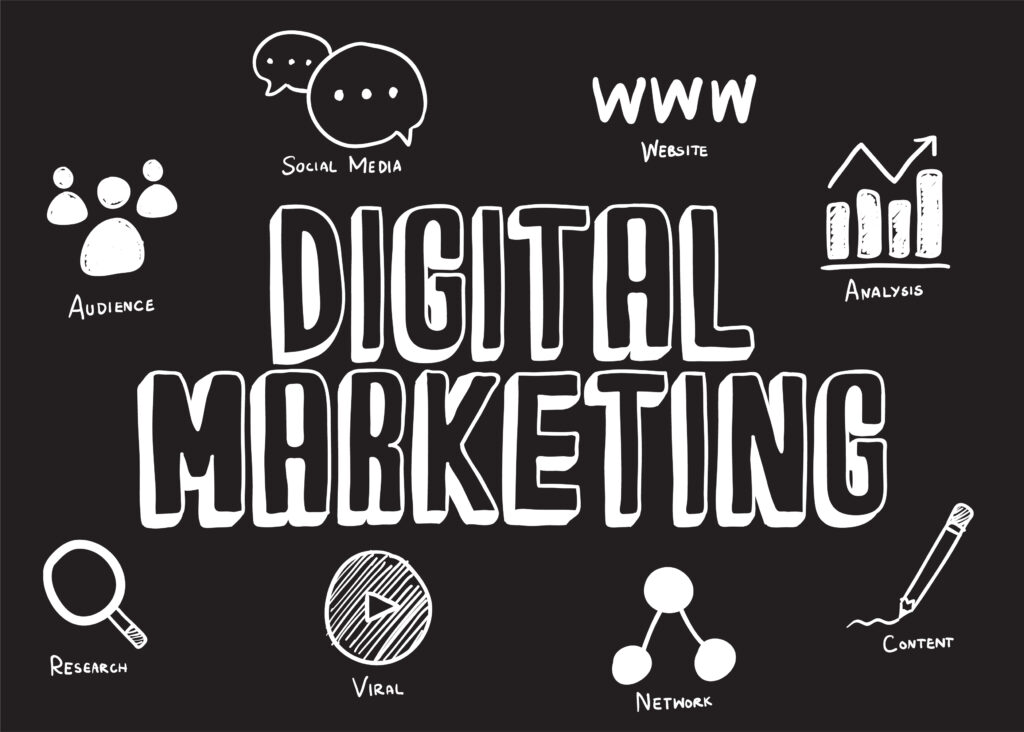The Rise of Conversational Marketing: Engaging Customers in Real-Time Conversations
Conversational marketing has emerged as a powerful strategy for businesses looking to engage with their audience in real-time, personalized conversations. By leveraging messaging apps, chatbots, and social media platforms, businesses can create meaningful interactions with customers, address their questions and concerns, and guide them through the buyer’s journey. Let’s explore how conversational marketing is reshaping the digital landscape in 2024 and beyond. Understanding Conversational Marketing Conversational marketing revolves around engaging customers in real-time conversations across various digital channels, such as messaging apps, live chat, and social media platforms. Unlike traditional marketing methods that rely on one-way communication, conversational marketing fosters interactive and personalized interactions that mimic human conversations. By providing immediate responses, valuable assistance, and tailored recommendations, businesses can build stronger relationships with customers and drive engagement and loyalty. The Role of Chatbots in Customer Engagement Chatbots play a central role in enabling conversational marketing at scale. These AI-powered virtual assistants can handle a wide range of customer inquiries, from product recommendations and order tracking to troubleshooting and support. By leveraging natural language processing (NLP) and machine learning algorithms, chatbots can understand user queries, provide relevant information, and even complete transactions autonomously. As consumers increasingly seek instant gratification and seamless experiences, chatbots offer businesses a cost-effective and efficient way to deliver personalized support and assistance around the clock. Leveraging Messaging Apps for Customer Communication Messaging apps have become the preferred communication channel for many consumers, offering convenience, immediacy, and privacy. By integrating messaging apps into their conversational marketing strategy, businesses can engage with customers in real-time conversations, deliver personalized offers and promotions, and provide timely support and assistance. Whether it’s Facebook Messenger, WhatsApp, or WeChat, messaging apps offer businesses a direct line of communication to their audience, fostering deeper connections and driving engagement and conversions. Personalization and Contextual Marketing Conversational marketing enables businesses to deliver personalized experiences tailored to each individual customer’s preferences, behavior, and purchase history. By leveraging data analytics and customer insights, businesses can segment their audience, personalize their messaging, and deliver targeted offers and recommendations that resonate with each customer’s needs and interests. Whether it’s addressing a customer by name, recommending products based on past purchases, or providing relevant content at the right moment, personalization is key to driving engagement and conversions in conversational marketing. Conclusion In conclusion, conversational marketing represents a paradigm shift in the way businesses interact with their audience. By embracing real-time, personalized conversations across messaging apps, chatbots, and social media platforms, businesses can foster deeper connections, drive engagement, and guide customers through the buyer’s journey. In 2024 and beyond, successful digital marketing strategies will be defined by their ability to deliver seamless and meaningful experiences through conversational marketing channels.
The Rise of Conversational Marketing: Engaging Customers in Real-Time Conversations Read More »












